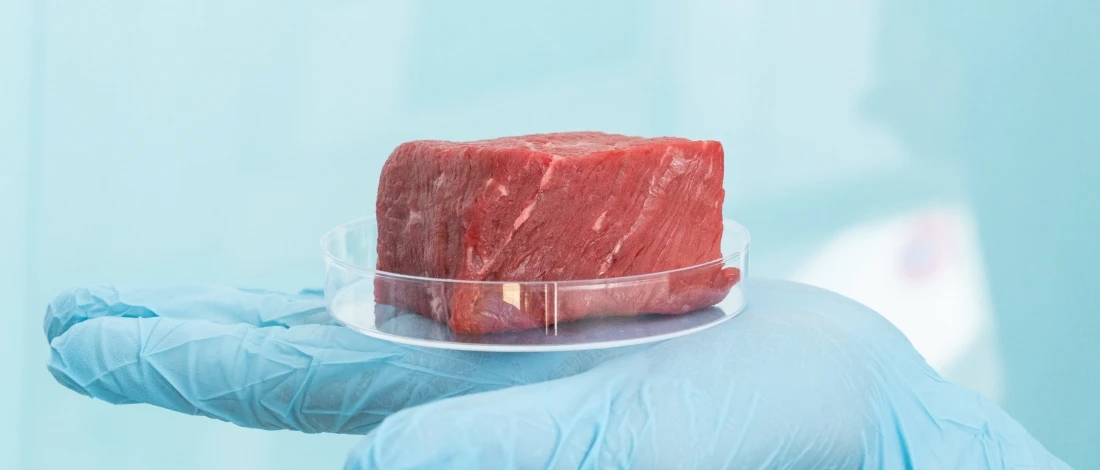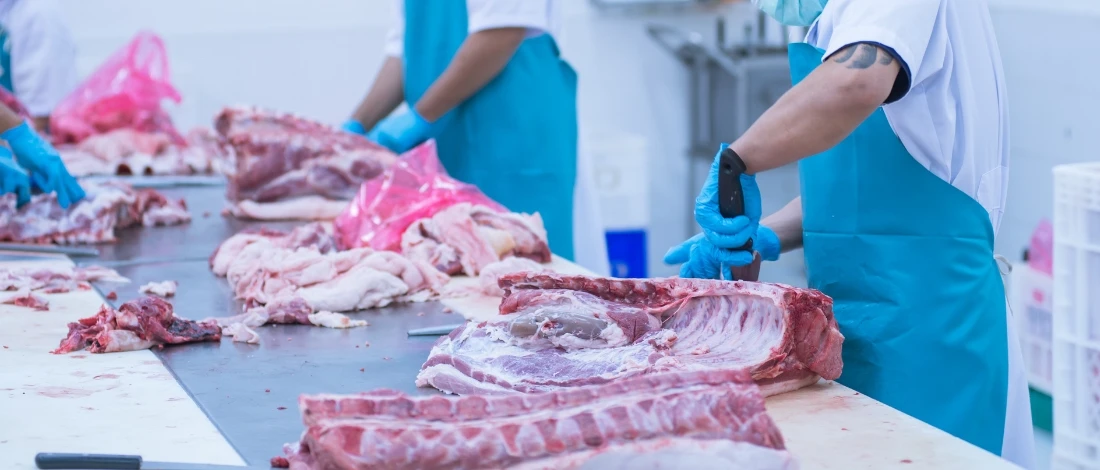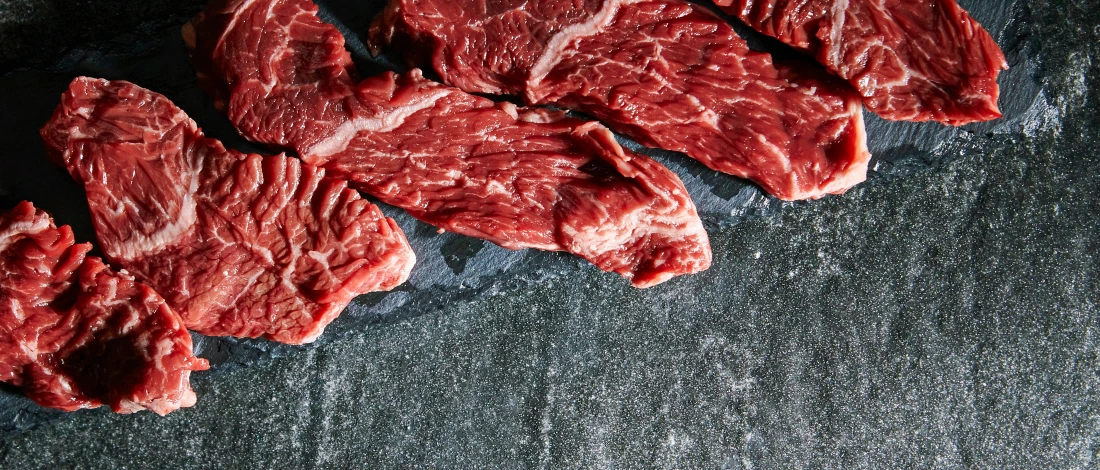Study: Cultivated Meat Could Cut Social Costs of Animal Meat Production by Over Half
A recent study by the Dutch project PPP True Price: from Insight to Action highlights the potential of cultivated meat to significantly reduce the social costs associated with traditional meat production.
The research predicts that by 2030, social costs related to RESPECTfarms‘ cultivated meat could be 2 to 3.5 times lower than those of conventional meat from dairy cows, chicken, and pork produced in the Netherlands.
True Cost Accounting and Environmental Impact
Using the True Cost Accounting (TCA) method, researchers from Wageningen Economic Research and CE Delft analyzed the environmental and social impacts of both traditional and cultivated meat production.
According to Pelle Sinke, a researcher at CE Delft, cultivated meat holds an advantage due to its efficient feed-to-meat conversion, which could help reduce nitrogen emissions and land use.
“The transition from conventional to cultivated meat is expected to reduce external air and water pollution costs and improve land use,” he explained.
Ethical and Labor Benefits of Cultivated Meat
Beyond environmental benefits, the study found that cultivated meat production could help address concerns about slaughterhouse labor conditions, such as illnesses and accidents, as well as reduce animal welfare costs by eliminating the need for animal slaughter.
RESPECTfarms emphasized the ethical advantages, stating, “This shift could lead to a more ethical and humane food system.”
Challenges and Considerations for Cultivated Meat Production
However, the study also identified potential challenges. It highlighted concerns about fossil resources and water scarcity in the future, although the use of renewable energy could mitigate some of these issues.
Additionally, researchers noted the lack of extensive studies on the health effects of cultivated meat, particularly in terms of diet-related risks such as stroke and diabetes. As Jonna Snoek, one of the researchers, mentioned, “There is no single route to a more sustainable food system.”
Collaborative Effort for a Sustainable Food System
The study underscores the need for a collaborative effort among researchers, farmers, and policymakers to realize the potential of cultivated meat in addressing global environmental challenges while providing a sustainable protein source for the future.
RESPECTfarms shared that, “The findings from this report underscore the potential of cultivated meat as a viable alternative to conventional meat.”
A More Sustainable Future for Animal Food Production
By combining cultivated meat with a higher proportion of plant-based foods, the research suggests that it is possible to create a more sustainable future for animal food production.
Learn how cultivated meat could reshape the meat industry and reduce environmental impacts. Visit our homepage for more insights.






